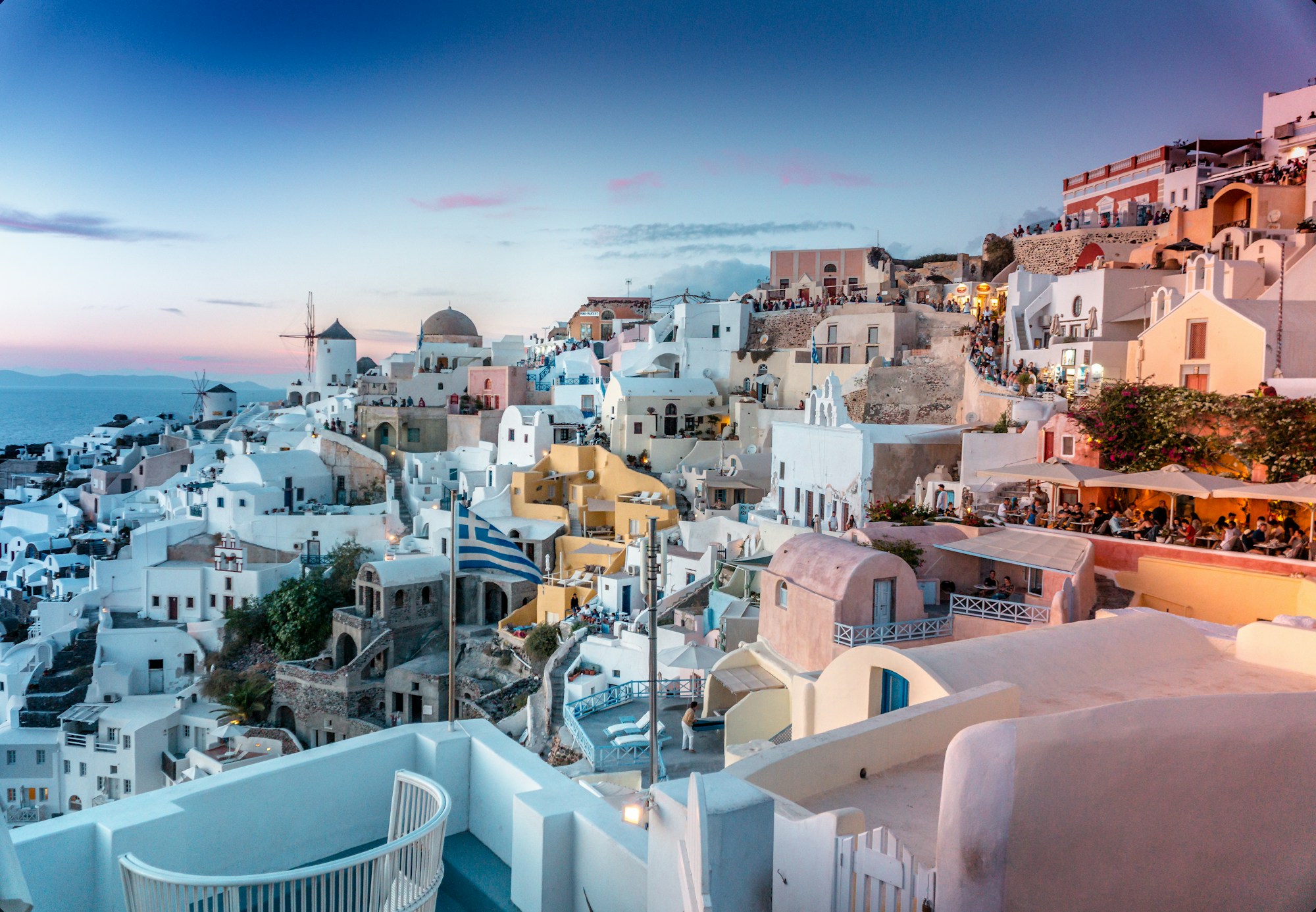Discover Santorini: History, Customs, and Festivals Guide

```html
Introduction to Santorini
Nestled in the southern Aegean Sea, Santorini is a jewel in the crown of Greek islands. Renowned for its stunning sunsets, unique white-washed architecture, and vibrant culture, this island offers a rich blend of history, customs, and festivals. Whether you're drawn by the volcanic landscapes, the archaeological sites, or the lively traditions, Santorini has something for every traveler.
A Glimpse into Santorini's History
Santorini, also known as Thira, boasts a history that spans thousands of years. The island is part of the Cyclades group and has been inhabited since the prehistoric era. The Akrotiri archaeological site provides insights into Santorini's Minoan-era civilization, which was destroyed by a massive volcanic eruption around 1600 BCE. This eruption shaped the island's current caldera and profoundly influenced its subsequent history and culture.
During the Classical period, Santorini became a crucial trading hub, thanks to its strategic location. The island witnessed occupations by different empires, including the Byzantines, Venetians, and Ottomans, each leaving a distinct mark on its architectural and cultural heritage.
Customs and Traditions
Santorini's customs and traditions are deeply rooted in its history and geography, providing visitors with a rich cultural experience. Some of these traditions include:
- Greek Orthodox Religion: The majority of Santorini’s residents adhere to the Greek Orthodox faith, which plays a significant role in their daily lives and celebrations. The island is dotted with charming blue-domed churches and chapels.
- Local Cuisine: The island’s culinary traditions reflect its agricultural bounty and maritime heritage. Delicacies such as fava (yellow split pea puree), tomato keftedes (tomato fritters), and fresh seafood are must-try dishes.
- Masticha: This aromatic resin from the mastic tree is used in sweets, liqueurs, and even cosmetics. Trying authentic masticha products is a unique cultural experience.
- Hospitality (Filoxenia): The people of Santorini are known for their warm hospitality and friendliness, which make visitors feel at home.
Festivals in Santorini
Santorini hosts a variety of festivals throughout the year, celebrating everything from religious events to local culture and music. Some of the noteworthy festivals include:
- Easter Celebrations: Easter is the most significant religious festival on the island. The Holy Week is marked by solemn processions, traditional hymns, and a fireworks display. The Resurrection service on Holy Saturday, held in all the churches, is a visually and emotionally profound experience.
- Ifestia Festival: Held in August, the Ifestia Festival commemorates the volcanic eruption with a spectacular show of fireworks and cultural performances. The event symbolizes the rebirth and resilience of the island.
- Megaron Gyzi Festival: This cultural festival takes place in August at the Gyzi Cultural Center in Fira. It features art exhibitions, concerts, and theatrical performances that highlight both local and international artists.
- Santorini Jazz Festival: For music enthusiasts, this festival, held in July in Kamari, presents a line-up of acclaimed jazz musicians from around the world.
Conclusion
Santorini is not just a breathtaking destination with stunning views and delicious food; it is an island steeped in centuries-old traditions, vibrant festivals, and a rich, layered history. By immersing yourself in the customs and celebrations of Santorini, you'll form a deeper connection with this unique and enchanting place.
From exploring the ancient ruins of Akrotiri to partaking in traditional festivals and savoring the culinary delights, every moment on this island promises to be memorable. As you embark on your adventure to Santorini, let this guide be your companion in uncovering the treasures of this beautiful Greek island.
```
